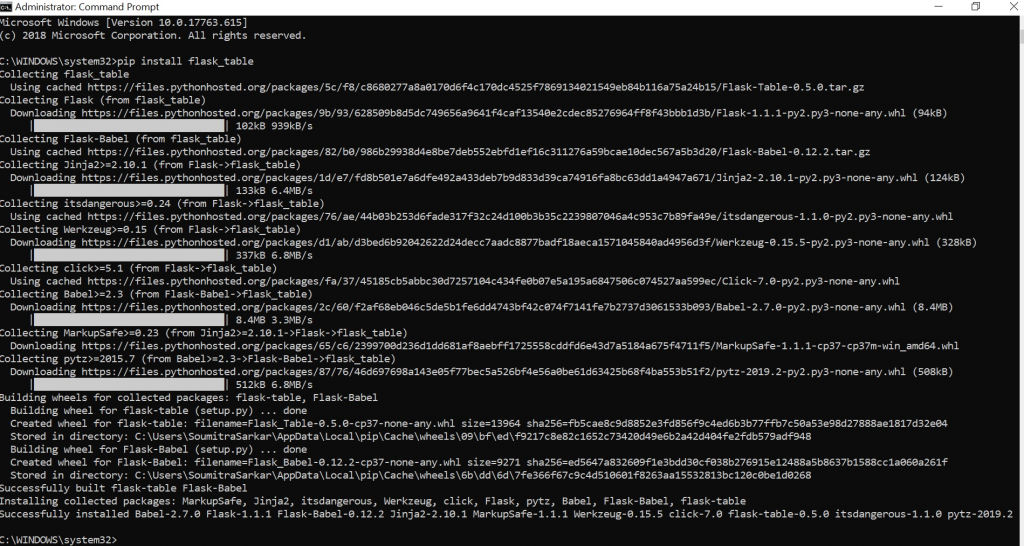

Controlling how Ansible behaves: precedence rules.Collections in the Theforeman Namespace.Collections in the T_systems_mms Namespace.Collections in the Servicenow Namespace.Collections in the Purestorage Namespace.Collections in the Openvswitch Namespace.Collections in the Netapp_eseries Namespace.Collections in the Kubernetes Namespace.Collections in the Junipernetworks Namespace.Collections in the F5networks Namespace.Collections in the Containers Namespace.Collections in the Cloudscale_ch Namespace.Collections in the Chocolatey Namespace.Collections in the Check_point Namespace.
 Virtualization and Containerization Guides. Add the following lines: echo 'eval "$(pyenv init -path) " ' > ~/.zprofileĮcho 'eval "$(pyenv init -) " ' > ~/. Open Terminal, then type in: brew install openssl readline sqlite3 xz zlibįinally, update the shell profile configuration, i.e ~/.zshrc if your default shell is ZSH. To make pyenv work, install build dependencies through Homebrew. The Homebrew Python documentation recommends pyenv to manage Python environments. You lose control over “site-packages” and all the PIP packages that you had installed might become inaccessible. For example, the "youtube-dl" package uses Python as its dependency, the Python package may get updated as and when needed. Many people prefer to use Homebrew to install software packages, but should you use it for Python development? The problem with using Homebrew Python is that it’s not in your control.
Virtualization and Containerization Guides. Add the following lines: echo 'eval "$(pyenv init -path) " ' > ~/.zprofileĮcho 'eval "$(pyenv init -) " ' > ~/. Open Terminal, then type in: brew install openssl readline sqlite3 xz zlibįinally, update the shell profile configuration, i.e ~/.zshrc if your default shell is ZSH. To make pyenv work, install build dependencies through Homebrew. The Homebrew Python documentation recommends pyenv to manage Python environments. You lose control over “site-packages” and all the PIP packages that you had installed might become inaccessible. For example, the "youtube-dl" package uses Python as its dependency, the Python package may get updated as and when needed. Many people prefer to use Homebrew to install software packages, but should you use it for Python development? The problem with using Homebrew Python is that it’s not in your control. 
If you’re working on multiple Python projects, the default location, which needs sudo privileges, creates hurdles.







 0 kommentar(er)
0 kommentar(er)
